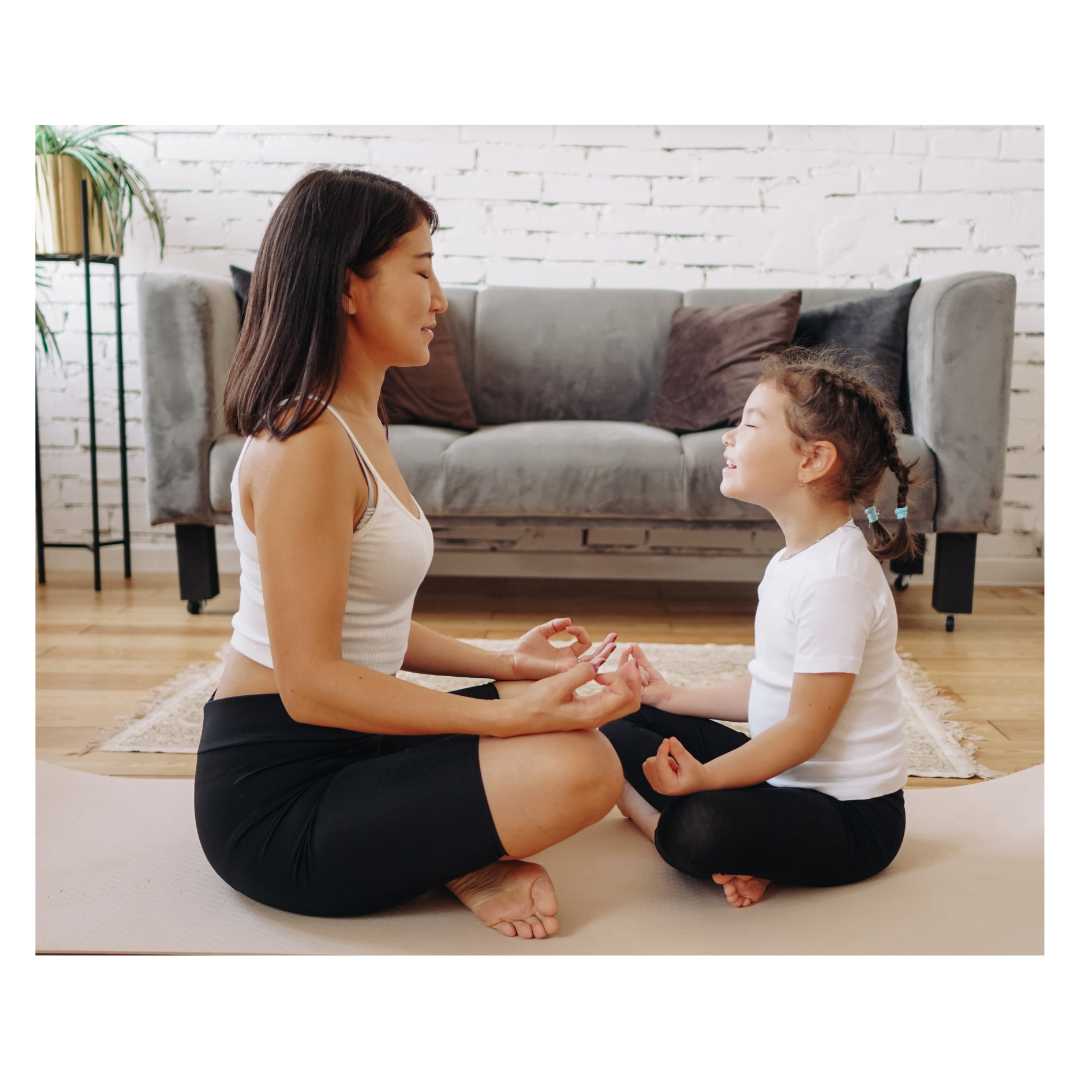Imagine a life where you feel less stressed, your children experience fewer meltdowns, and there’s more quality time spent together as a family.
Delectable, isn’t it?
I invite you to join me in exploring this intriguing concept of minimalist parenting and the remarkable benefits it promises. Let’s embark on this fascinating journey of simplicity and discover its profound implications for child-rearing and family life.
Minimalist Parenting: It’s about focusing on what truly matters and removing the unnecessary, fostering meaningful connections with our children and raising them to value quality over quantity.
Why Minimalist Parenting is Relevant in Today’s World
Minimalist parenting is a style of parenting that promotes simplicity and minimalism. It’s an approach that encourages children to explore their own interests, prioritize quality over quantity, and make conscious consumer choices.
In today’s world, minimalist parenting offers a refreshing alternative to the busyness of modern life. With the focus on less-is-more, parents can spend more time enjoying meaningful activities with their kids, rather than buying into the latest trends or gadgets.
This type of parenting also helps families save money and resources while teaching children values like gratitude, mindfulness, and respect for the environment.
Ultimately, minimalist parenting is about balancing quality time with family members while encouraging independence and exploration within each child’s path in life.
The Essentials of Minimalist Parenting
• Prioritize quality over quantity; buy fewer but higher-quality items.
• Choose experiences rather than material goods when possible.
• Encourage open-ended play and creativity with minimal toys or gadgets.
• Teach kids to appreciate the value of money and use it responsibly.
• Recognize that each child is an individual with their own strengths, interests, and needs.
How can Minimalist Parenting Help in Combating the Age of Excess?
By promoting a more intentional and mindful approach to raising children.
By focusing on what truly matters and eliminating unnecessary clutter, both physical and mental, minimalist parents can create a more peaceful and balanced environment for their children to thrive in.
By reducing the emphasis on material possessions.
Instead of constantly buying new toys and gadgets, minimalist parents encourage their children to appreciate and value what they already have. This helps cultivate gratitude and contentment, teaching kids that happiness does not come from accumulating more stuff.
Promotes a simpler and less hectic lifestyle.
By minimizing extracurricular activities and commitments, parents can prioritize quality family time and allow their children to have unstructured play and downtime. This helps reduce stress and allows kids to develop their creativity and imagination.
Encourages parents to be more present and engaged with their children.
By avoiding excessive screen time and distractions, parents can focus on building strong relationships, fostering open communication, and providing emotional support. This helps create a nurturing and loving environment where children feel valued and heard.
It can instill important life skills in children.
By involving them in household chores and teaching them to be responsible for their belongings, minimalist parents empower their children to become self-sufficient and independent. This prepares them for the future and helps them develop a sense of responsibility and accountability.
Final Note
The advantages of this style of parenting are manifold, opening doors to a more mindful approach to raising robust and resilient children.
By emphasizing relationships over possessions, we’ve seen how this philosophy promotes a more peaceful lifestyle.
At the same time, it firmly champions the notion of engaged parenting, urging us to be vividly present in our children’s lives.
Minimalist parenting is not a mere parenting trend. It’s a lifestyle choice that can positively impact the way we live, relate, love, grow, and learn together as a family.
So, as parents, let’s ask ourselves: Are we ready to take the plunge and sift through the chaos to embrace the joy in less?

